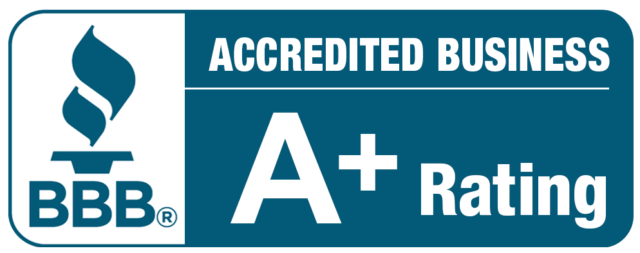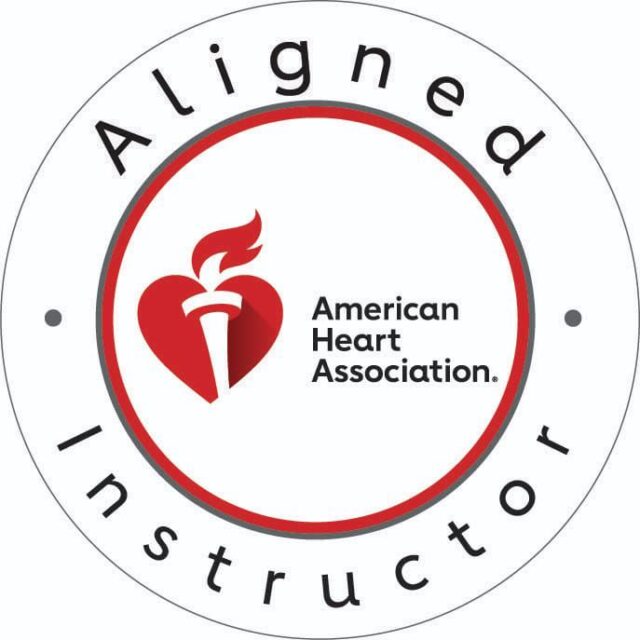Chances are that you rarely nap and you want to know what the benefits of napping. In today’s fast-paced world, it’s not uncommon to feel tired and run down during the day. One solution that has gained popularity is napping. Napping is a short period of sleep taken during the day, and it has been shown to have several benefits.
Napping is often seen as a sign of laziness, but research has shown that taking a short nap during the day can have numerous health benefits.
In this article, we’ll explore five benefits of napping that can help you rest easily. These benefits include improved athletic performance, increased alertness and cognitive function, enhanced immune system function, reduced risk of heart disease, and decreased stress levels.
We’ll also highlight some important considerations when it comes to napping to ensure that you’re getting the most out of your nap and not disrupting your nighttime sleep.
Ready?
When is the best time to nap?
The best time to nap is in the early afternoon between 1:00 p.m. and 3:00 p.m. This is because your body’s circadian rhythm naturally dips during this time, which can make you feel sleepy. A nap during this time can help you feel refreshed and re-energized for the rest of the day.
However, the ideal nap time is influenced by a variety of factors and it is person dependent.
Factors that influence your nap time
The timing of your nap can significantly impact its effectiveness and how it affects your nighttime sleep. The best time to nap is based on your individual sleep needs and lifestyle. Here are some factors to consider before mapping out a nap time for you:
- Length of Nap: A power nap of 10-20 minutes can help you feel more alert and focused without leaving you feeling groggy or interfering with your nighttime sleep. A longer nap of 30-60 minutes can help with memory consolidation and enhance creativity, but it can also leave you feeling groggy and interfere with your nighttime sleep.
- Personal Sleep Needs: Your personal sleep needs and schedule should also be taken into account when deciding on the best time to nap. For instance, if you’re a night owl who tends to stay up late, you may want to nap later in the afternoon to avoid disrupting your nighttime sleep. On the other hand, if you have to wake up early in the morning, a nap earlier in the afternoon may be more beneficial.
- Work Schedule: Your work schedule and environment should also be considered. If you have a job that allows for napping during breaks, you can take advantage of this opportunity to nap. However, if you work in a noisy or bright environment, you may need to find a quiet, dark place to nap or use earplugs and an eye mask to block out distractions.
Invariably, the best time to nap depends on your individual sleep needs, lifestyle, and schedule. Napping during the early afternoon for 10-20 minutes can be an effective way to boost energy and productivity, but it’s important to avoid napping too close to bedtime, taking long naps, or napping in an environment that can disturb your sleep.
5 Benefits of Napping That Will Help You Rest Easily
Knowing what you gain from taking a break and having a nap will aid you factor this into your day to day goals and life. Here are benefits of napping that will help you rest easily:
-
Improved Mood and Productivity
Taking a nap can help improve your mood and increase productivity. According to research, napping can help reduce stress levels. increase alertness, enhance memory consolidation, and mood regulation, and improve cognitive function. A 20-minute nap has been shown to improve alertness and performance without leaving you feeling groggy or interfering with nighttime sleep.
-
Reduced Risk of Heart Disease
Heart disease is a leading cause of death worldwide. Studies have shown that taking regular naps can help reduce the risk of heart disease. A study conducted in Greece found that people who took a 30-minute nap at least three times a week had a 37% lower risk of dying from heart disease. Napping lowers blood pressure, reduces stress as well as improves cardiovascular functions which reduces the risk of heart disease.
-
Boosted Immune System
Taking a nap can also boost your immune system. A study conducted by the University of California found that people who took a 30- to 60-minute nap during the day had higher levels of immune cells than those who didn’t nap. This means that napping can help your body fight off infections and illnesses.
-
Reduced Fatigue and Improved Memory
Napping can also help reduce fatigue and improve memory. A study conducted at NASA found that pilots who took a 26-minute nap during the day improved their performance by 34% and alertness by 54%. Napping also improves memory consolidation, making it easier to remember important information.
-
Improved Physical Performance
Finally, napping can also improve physical performance. A study conducted in China found that athletes who took a 30-minute nap during the day had improved reaction times and better performance on a sprint test. Napping can also help reduce fatigue, making it easier to exercise for longer periods of time.
Take Note
While napping has several benefits, there are some instances where it may not be a good idea.
For example, napping too close to bedtime can make it harder to fall asleep at night. Similarly, napping for too long or at the wrong time of day may disrupt your sleep schedule and lead to difficulties falling or staying asleep at night.
Additionally, some people may experience sleep inertia after waking up from a nap, which can cause grogginess, confusion, and disorientation for a short period of time. This is more common in individuals who take longer naps or have a sleep disorder.
Moreover, people with certain medical conditions, such as sleep apnea, may not benefit from napping and may require medical intervention to address their sleep issues.
Therefore, it’s essential to take into account your individual sleep needs and health status when considering taking a nap. If you have concerns about your sleep patterns or experience any negative symptoms after napping, it’s best to consult a healthcare professional.
Taking a nap during the day can have numerous health benefits. From improved mood and productivity to reduced risk of heart disease and boosted immune system, napping can help you rest easy and improve your overall health and well-being. So, don’t feel guilty about taking a nap – it may just be the best thing you can do for your body and mind.
Are you a care agent? See this ongoing promo at Good Hands Home Care LLC: $2/hour Bonus Ongoing Now at Good Hands Home Care





